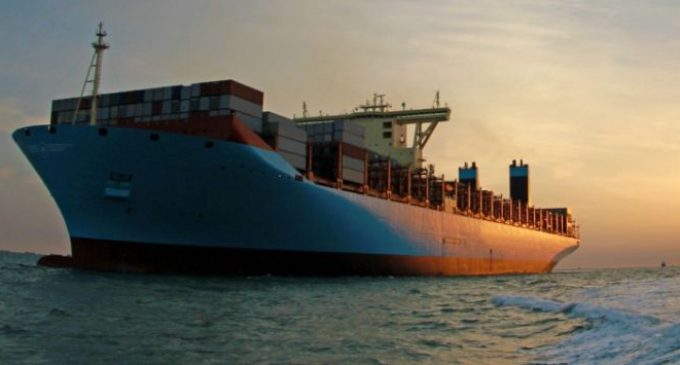Coronavirus to Impact Irish Exports

By John Whelan
The outbreak of the coronavirus has come at a difficult and sensitive time for China’s economy. China’s GDP growth last year was the slowest since 1990 – about a 6 per cent increase in GDP.
The trade war with the US had already taken its toll on state-owned and private businesses. Many Chinese cities and provinces are too stretched to bankroll any prolonged closures due to the virus.
The traditional long shutdown over the New Year holiday has already played havoc with internal travel, workplace staffing and operations for many businesses. Apple closed down all its outlets as a precautionary measure last week.
The uncertainty over the duration of the outbreak and the quarantine measures, with most workers not receiving their wages, makes invoicing and debt collecting problematic for firms and hitting their cash flow. The government has issued regulations saying that workers must be paid if they are unable to return to work because of quarantine restrictions. Administrators in Beijing say they are poised to pump extra cash into China’s financial system.
Chinese economists had estimated that overall trade in January would contract due to the New Year holiday, but the outbreak of the coronavirus has now cast a cloud over the outlook for the coming months. Chinese government releases show that growth in China’s factory activity ground to a halt in January as export orders fell even before the coronavirus took hold in the country.
Irish businesses that saw exports to China rise by a phenomenal 68 per cent last year to a record €8 billion will be particularly concerned by the fall-out from the spread of the coronavirus and its potential impact the first quarter of this year.
Coronavirus to impact Irish exports
Food exporters count China as their second-largest export market for pork and the third-largest market for dairy products and are now unsure of delivery from the ports through the embargoed areas. Airlines are also curtailing flights which is impacting the seafood exporters who primarily use airfreight to get fresh fish to the Chinese markets.
Suppliers of computer peripherals, tablets and telecoms devices, accounting for two-thirds of exports to the market last year, are also expected to see some disruption to their supply lines to their subsidiaries in China. But, disrupted imports from China to these and many other factories in Ireland will also impact manufacturing output.
Many in Ireland’s export industry are braced for reduced sales in the first quarter of the year. The hope is that containment measures by China, will enable a return to normal supply chain services and that sales across the rest of the year will not be impacted. However, there continue to be daily increases in the number of people contracting the deadly virus.
The number of confirmed cases of coronavirus in China has already surpassed SARS, the last major Chinese flu virus epidemic back in 2003. In the aftermath of the SARS epidemic, the Chinese economy contracted by one per cent before bounding forward again the following year.
Irish exports to the market in 2003 showed little impact and recovered within the year.
But the consensus now is that the coronavirus will have a much bigger impact than SARS. The Chinese economy is a lot bigger than it was then and much more vulnerable to disruption.
Additionally, it has been hit by a costly and drawn-out trade war with the US. And the banking system has been stuttering, under the impact of rampant consumer expenditure and associate bad loans.
Ireland’s exports to China are now ten times bigger than back in 2003 and hence the potential impact on Ireland’s economy is much greater. But also the volume of imports from China has also grown rapidly, with many small and medium-sized enterprises advising that a prolonged disruption to their supplies from China will be devastating for their businesses.
China economists believe the turning point is not far away, and that the measures taken should be effective at containing the outbreak at some point next week. But there continues to be huge uncertainty around the spread of the coronavirus which makes the macro impact across the globe and here in Ireland very difficult to forecast.
John Whelan is managing partner at Irish trade consultants, The Linkage-Partnership
























